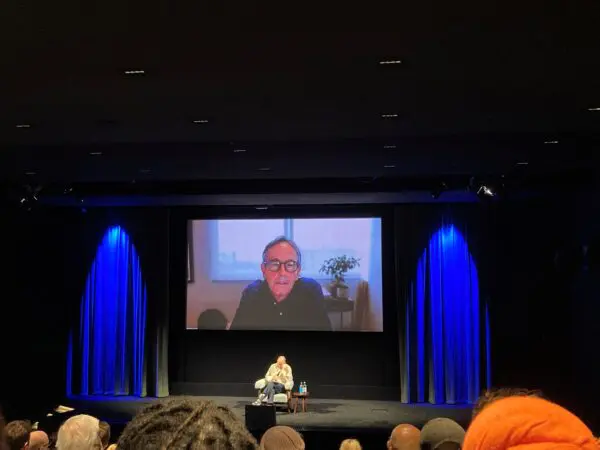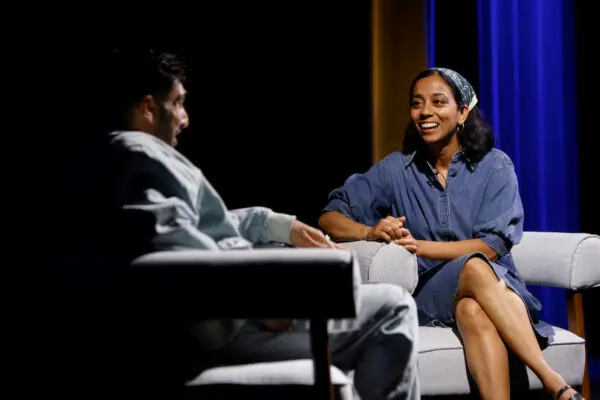The playwright and screenwriter Andrew Bovell delivered a remarkably honest and insightful lecture touching on the purpose of his filmmaking. And what he learned writing in Hollywood.
Bovell began his lecture by confronting the difference between being a playwright and a screenwriter. “If I tell my taxi driver I’m a playwright, the conversation ends there. But if I say I write film, the door opens and conversation begins. Everybody has a relationship with film,” he said.
It’s the universal nature of film that makes screenwriting both appealing and difficult though. For Bovell, there’s a never-ending question of a writer’s responsibility and the purpose of cinema: “Do we aim to give expression to the themes of the day, or should we just tell a damn good story?”
“Often the best dialogue simply frames the moment. Writing a screenplay is about creating the space for an actor to fill.” – Andrew Bovell








